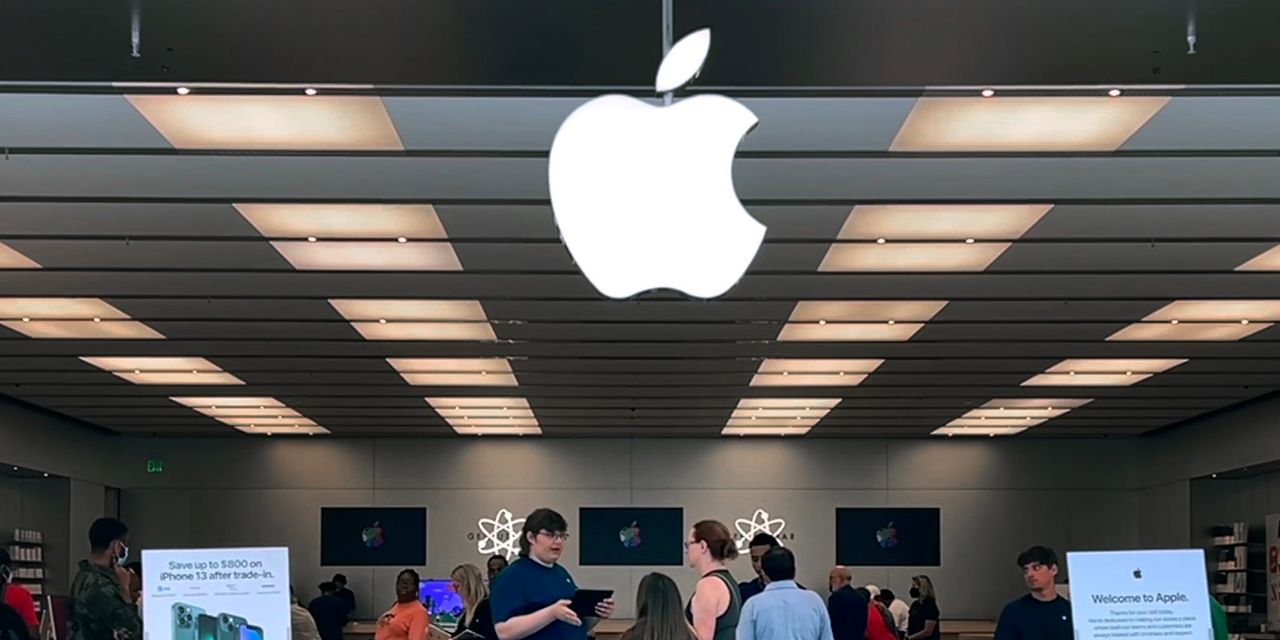A powerhouse brand like Apple Inc. is often able to push past supply shortfalls in the knowledge that consumers are willing to wait for its hot products. But as Apple deals with significant iPhone shortages fueled by pandemic-related lockdowns in China, some analysts are worried that the company won’t be able to recapture all of the desired holiday demand.
Apple
AAPL,
warned in early November that it expected shipments of iPhone 14 Pros to be affected by the COVID restrictions that have limited production at Foxconn’s Zhengzhou facility. A key debate ever since has been if Apple would merely see demand pushed back into calendar 2023, or if some consumers would look at the long wait times and abandon their planned purchase altogether.
“We see perishable demand stemming from the Zhengzhou Foxconn plant disruption, instead of an outright production deferral” to the March quarter, Barclays analyst Tim Long wrote in a note to clients Sunday.
His industry conversations indicate that utilization at the Zhengzhou plant is now up to 30%, from 20% at the end of November, but his “base case is that utilization won’t return to normal until sometime [in] late January, at the earliest.”
Long rates the stock at equal weight with a $144 price target.
See also: Qualcomm stock declines after Wells Fargo turns bearish
Oppenheimer analyst Martin Yang has an outperform rating on Apple’s stock, but he lowered his price target to $170 from $190 on concerns related to the production constraints. The price-target cut comes in conjunction with a reduction in his fiscal 2023 estimates that stems, he said, from “later-than-expected iPhone production capacity recovery in China.”
“Our reduced outlook also accounts for loss of iPhone demand in [the March quarter] due to supply constraints during the holidays,” Yang wrote. “As a result, we also model more conservative accessories and software and service revenues associated with new phone sales.”
While he’s more cautious on that near-term dynamic, he also noted that with the recent easing of China’s zero-COVID policy, he has “more confidence over accelerated iPhone capacity recovery in Zhengzhou” and doesn’t expect additional pandemic-driven production issues in the new year.
Apple shares are near flat in midday trading Monday. The stock has lost 21% over the past 12 months as the Dow Jones Industrial Average
DJIA,
has shed 6% over the same span.

